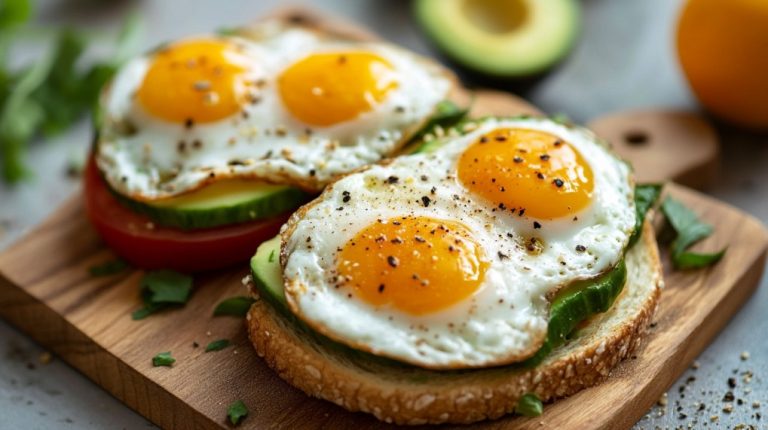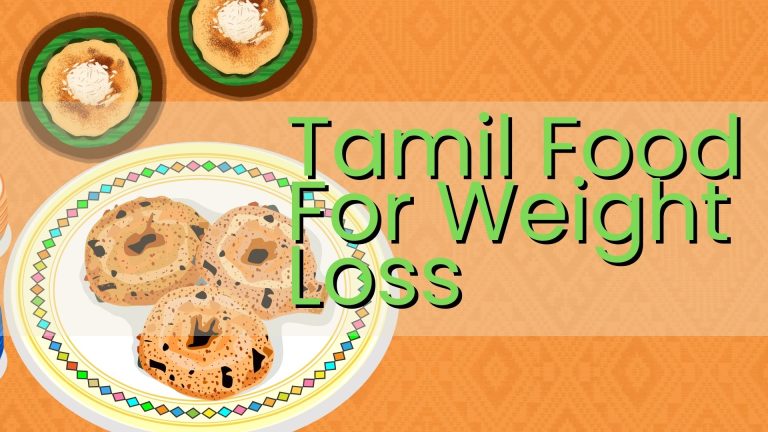Personalized weight loss strategies are becoming more and more common, and one such revolutionary technique is DNA testing. By offering tailored insights into your genetic makeup that influences metabolism, appetite, and energy responsiveness, DNA testing provides an innovative approach to weight loss. An increasing number of people are using this strategy to overcome weight loss plateaus and design customized exercise regimens that fit their genetic profiles. To help you make an informed choice, we will examine the advantages of utilizing DNA testing for weight loss in this article.
What is DNA Testing for Weight Loss?
By examining your genetic code, DNA testing for weight loss identifies factors that affect your body’s reaction to diets, exercises, and weight management techniques. Genes affect our body’s metabolism, nutritional cravings, and even the storage of fat. DNA tests suggest an individualized approach to weight loss by looking at the genetic markers of the person. These DNA tests are available in different types; some may provide an overview of metabolism, while others may offer a detailed wellness profile that includes exercise efficiency and food sensitivities.
How Does DNA Affect Weight Management?
Genetics is a major factor in controlling weight. Your eating habits, metabolism, and fat storage are all influenced by certain genes. For example, changes in the MC4R gene influence satiety and appetite control, whereas variations in the FTO gene have been connected to higher calorie intake and increased body fat. Your body’s response to various macronutrients could be determined by other markers, which could impact whether a balanced, low-carb, or high-protein diet is better for you. These tendencies can be identified through DNA testing, which opens the door to more effective and individualized weight-management techniques.
Benefits of DNA Testing for Weight Loss
DNA testing for weight loss offers several benefits. Let’s look at some of the benefits below:
Personalized Nutrition Plans
Customized dietary recommendations are one of the main advantages of DNA testing for weight loss. Based on your genetic profile, a DNA test can recommend specific macronutrient ratios (protein, fats, and carbohydrates) that are best suited for your body’s needs. These tailored dietary recommendations can help you follow a plan that’s easier to stick to, potentially leading to better adherence and long-term success. This is especially useful for individuals who have struggled with one-size-fits-all diets in the past.
Enhanced Exercise Strategies
DNA testing can assist in maximizing the benefits of your exercise routine by identifying if your body favors strength-based or endurance-based training. Some tests can determine your recovery time to avoid overtraining or undertraining. You may maximize your workout efficiency, enhance muscle recovery, and increase your level of overall fitness more rapidly by customizing your exercise regimen to your genetic strengths.
Foods to Include Based on DNA Test Results
Following a DNA test, your results can indicate which foods best fit your genetic profile. For example, some people might benefit more from a diet rich in protein, while others might require more fiber to help with weight loss and better digestion. Depending on your genetic metabolic type, foods like fiber-rich vegetables, lean meats, and legumes may be suggested. Based on your body’s requirements, you can also adjust the timing of your nutrients, such as when to eat fats or carbohydrates.
Foods to Limit
Additionally, DNA testing may reveal which foods might be impeding your attempts to lose weight. A person’s susceptibility to the effects of high-fat diets or fat storage from sugary foods can be influenced by genetic markers. Furthermore, food intolerances like lactose or gluten-free that may have an impact on your general health, as well as your weight, can be detected by DNA testing.
Creating a Weight Loss Plan with DNA Insights
By incorporating DNA insights, you can personalize your weight loss plan according to your unique genetic composition. By offering a personalized approach, this procedure enhances success in weight loss goals with a smarter and more enduring method.
Designing a Balanced Meal Plan
It’s easier to create a balanced eating plan after you know the findings of your DNA test. Pay attention to adding macronutrient ratios that are compatible with your genetic makeup. For instance, some people could benefit more from eating more healthy fats, while others would be better off focusing on lean proteins and complex carbohydrates. To suit your body’s specific requirements, make sure your meal plan consists of a range of nutrient-dense meals.
Integrating Exercise with Genetic Data
You can use DNA insights into your fitness routine in addition to nutrition. If your genetic results show a preference for strength training, focus on resistance exercises like weightlifting. Cardiovascular exercises such as jogging or cycling should be prioritized by people who tend endurance. For optimal effects, it’s important to modify the frequency and intensity of your workouts to match your genetic predispositions.
Tips for Getting Started with DNA Testing for Weight Loss
DNA testing can be a novel concept for many individuals. If you are new to the idea of DNA testing for weight loss, here are some tips to get started.
Choosing the Right DNA Test: Choose a DNA testing service that provides in-depth analysis along with practical suggestions. Seek tests that offer comprehensive information about exercise, food allergies, and problems with nutrient absorption in addition to diet. Selecting a reputable dietitian or nutritionist for weight loss with clear privacy policies and dependable customer service is also essential.
Interpreting Your Results: The findings of a DNA test can be complicated. While most testing programs provide thorough results, seeking advice from a dietitian or nutritionist can still be beneficial. To maximize the value of the provided data, an expert can help you interpret the findings and develop a strategic plan tailored to your genetic profile.
Conclusion
Personalized health and well-being can reach new heights with DNA testing for weight loss. Understanding how your genetic makeup influences your metabolism, appetite, and fitness level can help you optimize your food and exercise routines. Even though DNA testing isn’t a magic fix, it can greatly assist with weight loss by providing personalized insights that enhance adherence to healthy habits and overcome weight plateaus.
In addition to analyzing your blood test results, QUA Nutrition’s nutritionists use genetic testing to look for any abnormal blood indicators or nutritional deficits. This test reveals important details about your body’s micro- and macronutrients and any dietary sensitivities. It tells what foods are ideal for you, which ones will strengthen your immunity, and whether or not you absorb nutrients well or how your body handles fats. By integrating genetic insights and customized exercise, QUA Nutrition can create a well-balanced diet plan that will help you reach your objectives and promote more long-term and successful weight management. To learn more about our weight loss service, contact us.









